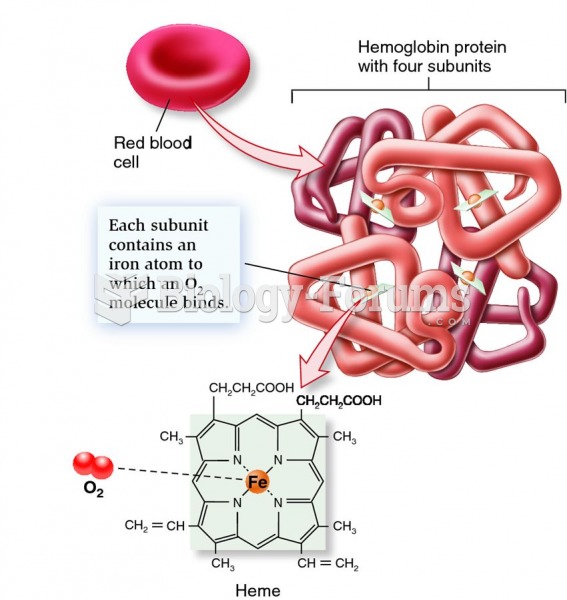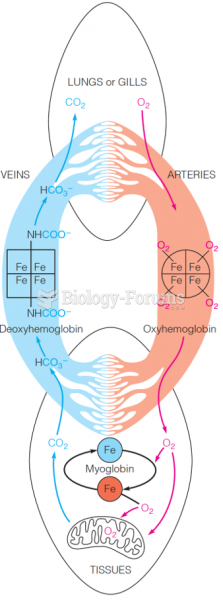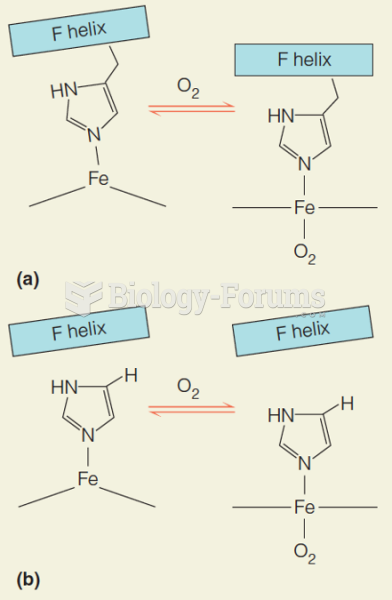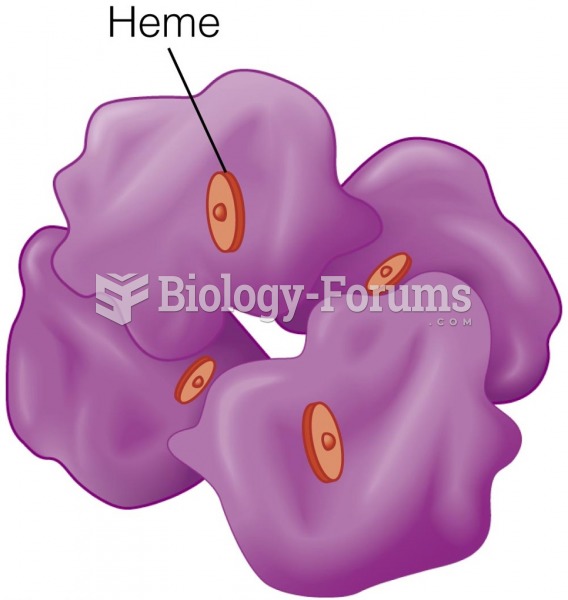Answer to Question 1
Correct Answer: 1
Rationale 1: If the level exceeds 12 gm/dL, the risk of blood clots increases, which puts the client at risk for stroke and heart attack.
Rationale 2: Epoetin alfa therapy is given to increase the hemoglobin and hematocrit. This reading is increasing, which is a positive outcome.
Rationale 3: A hemoglobin level of 1112 gm/dL is approaching serious levels but is still normal.
Rationale 4: A hemoglobin level of 910 gm/dL is a good level for this client.
Global Rationale: If the level exceeds 12 gm/dL, the risk of blood clots increases, which puts the client at risk for stroke and heart attack. Epoetin alfa therapy is given to increase the hemoglobin and hematocrit. This reading is increasing, which is a positive outcome. A hemoglobin level of 1112 gm/dL is approaching serious levels but is still normal. A hemoglobin level of 910 gm/dL is a good level for this client.
Answer to Question 2
Correct Answer: 2
Rationale 1: Raisins are high in iron, and iron is necessary to form the hemoglobin molecule. A high iron level by itself would not increase the red cell count or elevate the hemoglobin level.
Rationale 2: Chronic hypoxia at high altitudes increases the red blood cell count and the hemoglobin level. These levels are compensatory changes that allow the blood to carry more oxygen to the cells.
Rationale 3: Supplemental oxygen is necessary at high altitudes because the amount of oxygen is insufficient to meet a climber's needs. Supplemental oxygen tends to decrease erythropoietin production.
Rationale 4: There is no need to have the test repeated, as this value is probably correct.
Global Rationale: Chronic hypoxia at high altitudes increases the red blood cell count and the hemoglobin level. These levels are compensatory changes that allow the blood to carry more oxygen to the cells. Raisins are high in iron, and iron is necessary to form the hemoglobin molecule. A high iron level by itself would not increase the red cell count or elevate the hemoglobin level. Supplemental oxygen is necessary at high altitudes because the amount of oxygen is insufficient to meet a climber's needs. Supplemental oxygen tends to decrease erythropoietin production. There is no need to have the test repeated, as this value is probably correct.







